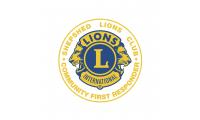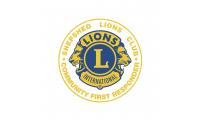Inquests are almost always held in open court, where the public can attend. Journalists may also attend and report what has taken place.
Suicide notes and personal letters will only be read out at the inquest if the Coroner decides it is important to do so. If they are read out, their contents may be reported. Although every attempt is made to avoid any additional upset to people's private lives, it may be unavoidable if the inquest is to find out the facts about the death. Photographs of the deceased and of the scene of death may also form part of the evidence presented at the inquest. The Coroner's office will not release any information to the media which has not already been made public through an inquest, unless the next of kin gives his or her consent
Those working for newspapers or magazines must abide by the Editors' Code of Practice, upheld by the Press Complaints Commission (PCC). The code has requirements on accuracy, privacy and discrimination. It also has rules for cases involving grief and shock. For instance, publication in these circumstances must be handled sensitively; and when reporting suicide care should be taken to avoid excessive detail about the method used.
You may complain to the PCC about published material. You can also seek advice from the PCC on how to prevent harassment by journalists. There is more information on the PCC website or you can call on 020 7831 0022 (switchboard) or 0845 600 2757 (helpline). The PCC also operates an out of hours number for emergencies only on 07659 152656. The PCC has produced detailed guidance titled 'Media attention following a death', which is available to read on its website.
For matters relating to broadcasting, you may also complain to the communications regulator, Ofcom.
0300 123 3333 or 020 7981 3040 or to the BBC or 03700 100 222.
Standards of service you can expect at an inquest:
- Some Coroners arrange for the Coroner's Courts Support Service, if available, or other similar service, to be present on days when they hold inquests. If so, the Support Service will welcome you on arrival, explain the process where needed - working jointly with the Coroner's Officers - and answer any queries you may have
- Some inquest venues have a room that you can use as a private waiting room. If so, the Coroner's office will advise you of this
- As an inquest is a formal occasion you should consider dressing quite smartly, but comfortably.
The Coroner's office will make the inquest environment as welcoming and safe as possible and treat you with fairness, respect and sensitivity.

































































